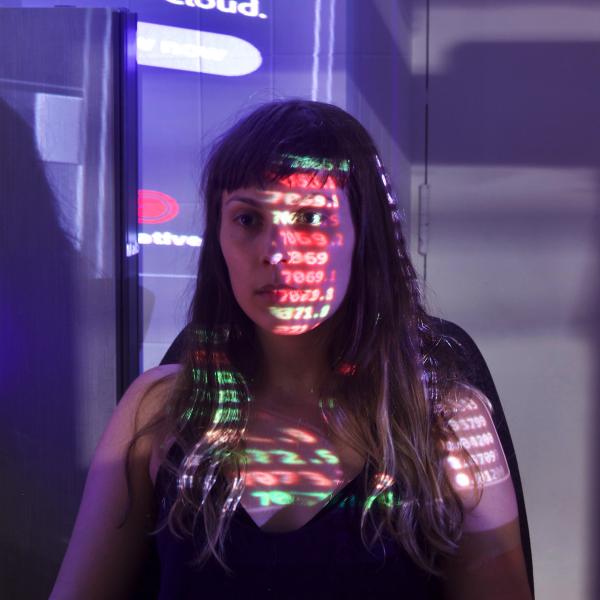
There is building movement to decentralize the web (or re-decentralize the web) with technologies like secure scuttlebutt, peer-to-peer file storage, and blockchain gaining popularity. Communities that engage with these technologies often frame decentralization as a benefit in and of itself - but is it?
Decentralization and its Discontents
We'll explore ambiguities around the term “decentralization” - what it actually means, and how we might begin to measure it, as well as examples of how emerging p2p protocols are not as decentralized as they appear. We’ll also consider examples where censorship resistant networks are used to host content that is morally repugnant to their maintainers and seeming technical challenges that block decentralization - like scalability, and manufacturing. The concept of decentralization appears, at least on the surface, to be the enemy of specialization - but the networks we hope to build are the product of specialized knowledge. Can we decentralize the building of decentralized networks themselves?
====
Sarah Friend is an artist and software engineer, with special interest in blockchain and the p2p web. She is currently working on Circles, a p2p basic income pilot. She is a proud Recurse Centre alum, and has recently exhibited work at NEoN Festival in Scotland, Moneylab in London, Gray Area Festival in San Francisco, and the Athens Biennale. She is also is one of the organizers of Our Networks, a conference on all aspects of the distributed web in Toronto. isthisa.com
